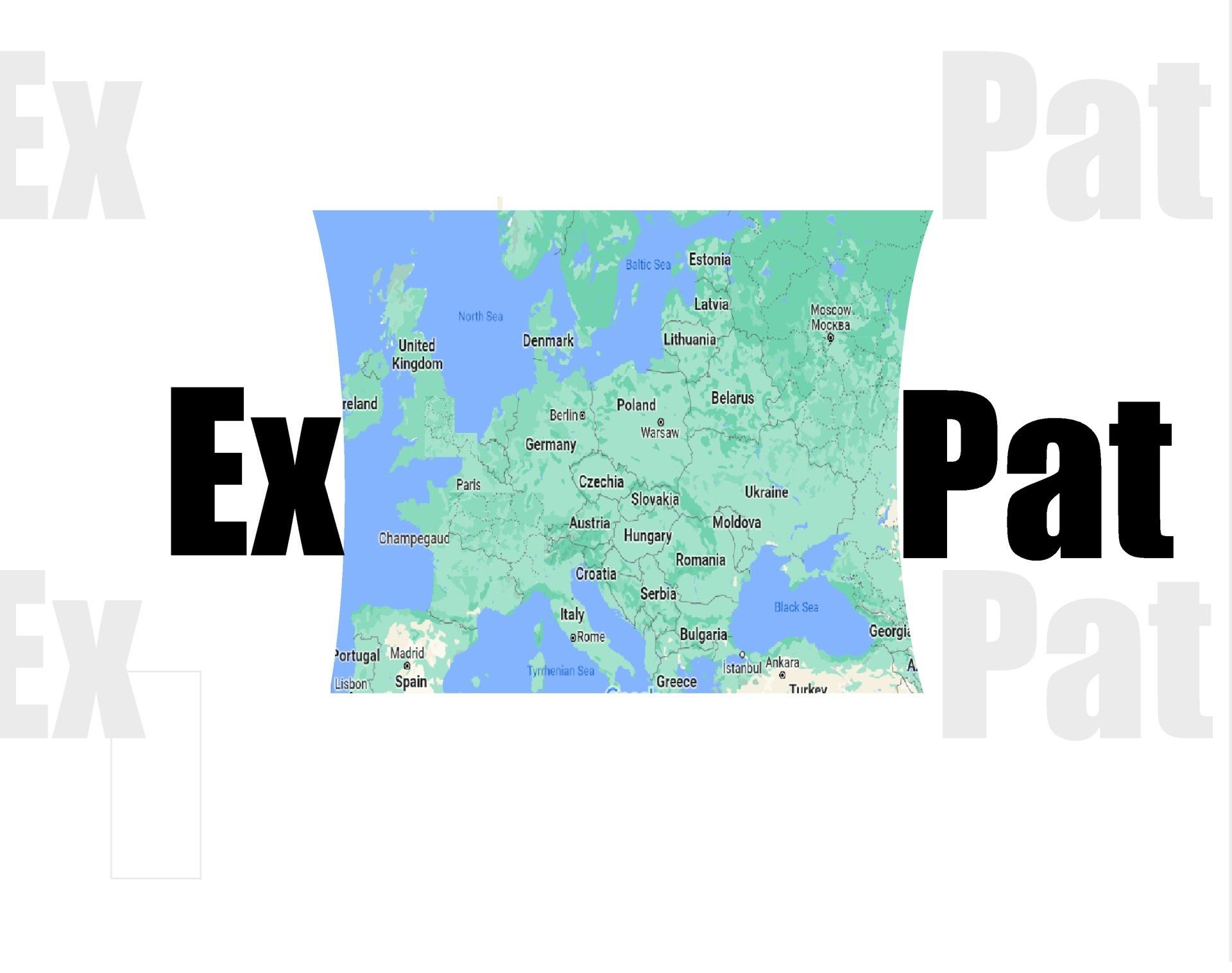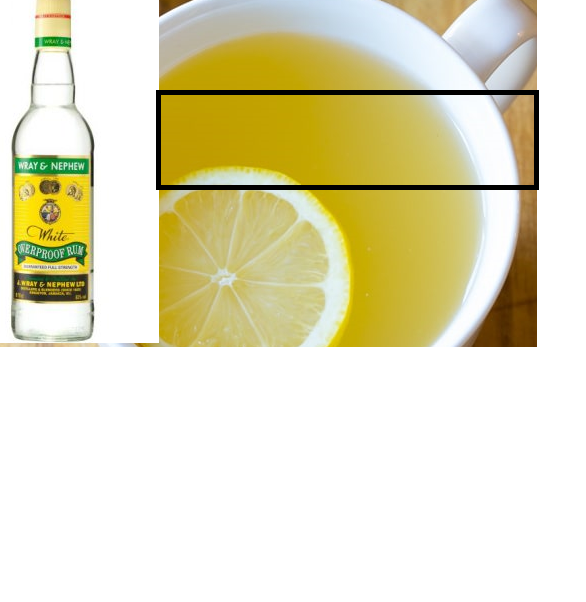Ever wanted to jump ship - ExPat guide to Europe Vs Britain
Esther Nunn • 11 August 2022
When You Been here too Long Britain Vs Baltic Europe - Expats
Szia, mi a véleményed
Здравейте, какво е вашето мнение
Zdravo, koje je vaše mišljenje
Buna ziua, ce parere aveti
Hallo, was ist Ihre Meinung
Baltic Regions of Europe: -Budapest, Sofia, Talia, Estonia, Viremia, Ukraine, Bulgaria, Serbia, Almena, Lithuania
Tour of Eastern Europe and Britain – for the Wanna-be ex-pat.
Ex-pats should go and visit for a long stay - you can stay as a tourist for up to 3 months, which is a wise thing you can do before moving, the ideal locations to settle in Bulgaria, Serbia, and Lithuania as they have the best amenities. The top-rated country in the east that speaks English is Serbia and Bulgaria. Living in Almena and Bulgaria is affordable for housing, and Istanbul will give you a high standard of lifestyle for your money. I like the flexibility – you get from traveling to these less toured areas, like Belarus - is easily efficient in the airports. In Eastern European countries, you are less likely to be disturbed as most people don’t interact, they leave you alone. They are straight talking – direct! Small talk does not happen in business, some might say cutting out the bull! Though it is easier to make closer friends and the elderly in eastern Europe hold on to long-term friendships from school.
Bulgaria is one of the easiest places to move to. Serbia, Bulgaria, and Ukraine are the cheapest. In terms of income, the monthly earning of locals is translated as $100 so you should look to go with your financial plan – as you may miss out on the lifestyle you enjoy that requires high earnings. It matches the Baltic lifestyle of other Europe countries. Some have lived on $500 to $1000 a month though you can live more comfortably on £2000 a month, Viremia is one such area, and which is the opposite is Sofia - which £2000 would only cover the rent due to the fact its high tourist area.
Estonia - they are educated and speak English making it easier to move to. The common thing in eastern Europe countries is - good tax systems for businesses but long winters, and low density in eastern Europe and great festivals and many events.
Sofia, Talia, and Estonia’s health care – is very good. For digital services, Bulgaria and Estonia are great for internet access. The Entertainment culture’s best host is Sofia’s - spa services and really good food, brilliant restaurants – relaxed and friendly – eastern Europeans are chilled people. The roads are well built, and the views are nice!
In regards, to children’s education, Sofia and Budapest are good for internationals/ex-pats.
Budapest:
The countries surrounding Budapest are Slovakia, Austria, Romania Serbia, and Slovenia. Hungary has a rich history and is the ninth largest city in Europe by 203 miles. The population is 1,752286 the estimate in the city of Budapest. has underwater thermal springs. Split by the Danube River and has 23 areas and 11 is one side of the river “Buda” and the other side is area 22 “Pest” is where the name comes from which is more metropolitan, and pest is expensive of the two. Locals are more middle-class; Locals are friendly and have a very low crime. Properties in the city cost 200K to 400K for flats, they also speak German, and the local language is Hungarian. 600 to 2000 to living for comfort, so the cost of living is better. Wages are high- excellent!
Hi Share Your Views
Helo rhannu eich barn
Dia duit, roinn do thuairim
Scotland's Edinburgh, and Its many Locks, Midlands Winsor, Lakelands, Liverpool, Birmingham, York, Oxford, Black Pool Rugby, London, Exeter, Isle of White, Welsh, Pembroke, new Forest, Gainsborough, East Borne.
Europe ex-pats moving across the channel in British:
There are always positives to negatives – the UK is made up of 4 main countries of the commonwealth of Britain: England - is truly the largest of the four countries, Island, and Scotland, the main interesting area in Britain, like Scotland h. Common factors - free health care NHS is there so no one dies for lack of funds.
Job opportunities are at 75.4 % so industries are at a high.
Education is divided into 4 – primary, secondary, and college, university, the first three levels of education are mandatory for all between the ages of 5 years to 18 years. The Universities of Britain are internationally known and sort after. Regarding areas of crime and education is well regulated as the government takes evaluating and documents the status of schools and crime levels of areas. Britain is rated on the least toxic environmental issues scale as the 25th country among other countries worldwide. Britain has had a history of innovation regarding employment and support for those incapable of work – the organization Mencap aims to make its mission to make Britain the best disability-inclusive nation in the world. 30% of the residents are born overseas – welcome to the United Kingdom!
Residents of the UK are known for their like of drinking, this cultural stigma has been true in the past but as Britain has developed into multi–a cultural country and become more health conscious the trend of social drinking has been less – causing many pubs to close all over Britain, especially England. The social character of the locals is appeared cold – but I would say – it is an unspoken rule to not smile or talk aloud on public transport and conversations are kept quiet and short so as not to offend other travellers, but as there are pubs, social clubs, also “cricket on the lawn” (open Spaces) seasonal events - such places all are welcome to have a “chin wag” – A free talk, to one another. The English food is less seasoned but less acidic – most main dishes take longer to cook.
Britain is so beautiful – with temperate weather that gives green open spaces with small villages and market towns – farmers’ markets with artisan stores – garnished with pretty cathedrals and high churches. Public parks, spaces, and loos are basic and close early around 4 pm – 5 pm. Small cottages and smaller built homes are expensive for the space you get, to rent a room in the house could cost £800 in London, but you can get a full house for the same cost in an area such as the midlands. amenities: - gas and electricity rates can range based on suppliers, council tax is a payment for local provision lights and street care, community support, etc - the cost can range based on property size and the status of the residents, called rebates i.e., pensioners and those on unemployment benefits - get discounts, and other bills such as tv license that everyone, that has a TV pays yearly. You could find that you could easily live on 14500 as a for a single person in London.
You can buy a travel card for outside of London or use an oyster card which is usually cheaper (you can purchase these at the local corner shop, to travel within travel zones 1 to 6, a daily pass could cost between £4 to £9, there is a discount travel card that train lines offer for the year which allows discounts off your travel for the whole year – you can purchase this at most train stations. Tax anywhere can be a big ask when there is "too much month and not enough money" at least Britain's rate of VAT is still 20% with concession on many things like no charge on essentials and children's clothes, the rate of tax is consistent at 20%. To drive into London, you may be hit with congestion charges. Food costs are cheaper if you cook but eating out is explosively expensive – purchased Coffee can cost between £2.50 and £5.50. The average salary and the average low income are 19000 a year this is based on London salaries, £75 to £100 for a general cleaner a day hire to find a cleaner is easy, but the quality can be poor so requesting reviews is worthwhile.
Apologies if I have miss understood or not stated key points. Sorry if I did mention your country or district of choice.


I realized something profound.....L.O.L ;) If you do not believe in what your say then neither will the recipient of your message. To know something well and believe in it is the beginning - so you can be K.I.S.S this makes it more relevant and purposeful to the receiver, wailing on about it just makes you sound confusing and irritating. By the way, K - keep, I - it, S - short, S - Sweet Learn to take the hits - It's nice hearing the compliments about what you do or know, but if we are to build quality relations with people and build an excellent service taking negative criticism all the time it pays to note and act positively and emotionally detach yourself while acting on the comment. Saying NO! is it the worse thing to do to a customer - consider this - if it is not something your company does, and venturing to do that unique may cause you to ever forget, or make it cost you in time and money, and in some cases with customer leave them disappointed when they can't get that favor again or worse still they tell other that you would except that then your - likely to be in a virtual ditch - way above your head - Don't get me wrong its good customer service to help your customer 'after evaluating the cost' getting things new in writing is best so the word is confirmed. Knowing the companies policy that you work for is an ideal step to not munching up and sound professional. This helps you move with changes too into the company. Comfort zones - I find that people present better if you show a little understanding for their most reciprocal way. If a client has the potential to be a good client or a company representative then interacting in their way of receiving information is more productive. Cognitive behavior tells us - there are so many characters as well as the fact that we all develop differently. Time is a Gem many thirsts for - yours, theirs, and the public so to make the moment positively members can't be the wrong step! I thought I add some tips I learned on my way!

If you were a 1940s baby or child then you would know the significant memories behind these images and the emotion they generated for you; Milk caps: the different colors and their mean - even the yellow cream on the caps when they were opened even the wildlife that would enjoy it if you did not grab it first. Doilies craze - on the tables on the armchairs on the back of the sofa and centerpiece at the table when guests popped around; the social attention you'll get if you were particularly skilled at the needles craft of doily making. Reigns or country we all had one a glass/ceramics and or a blacksmith factories - every way the thought that it contributed to global warming - "no just blacked the sky a bit that all", or the thought that the waters suffered too was last on the mind. The future of the great industrial revolution is here and only children are bothered with the health of the planet. The children of 1950-80 were concerned about it - so much so that the fear ran deep with the threat of nuclear strikes. The bottle caps race to hastily shimmy the cap to the end as fast as you can then your opponent and the other is to create a SHARP circular saw - danger craft. The tension of miss understanding and blatant racism in other social was not to do today - you just would not get away with it - though many disagree with this, every way " segregation is not allowed - and that's that!" They saw a lot, learned a lot - seen it, done it:- A generation with a lot to add. Marcus Garvey to Martin Luther King and Gandhi lead the way to the waking of the ethics of equality and another independent debate on right to live free. that's why we have the equals opportunities act of 2010. Did you know that when you are in your 80 you are more likely to deteriorate in health rapidly: This is due to many factors 1) early lifestyle choices, 2) the whole of life diet, 3) stress management 4) injury and illness 5) no consistent lifestyle. If you do not live a socially healthy and independent life? This research is based on those born in 1981 - government statistics state you are more likely to live up to 100 years though, with all the government changes to the monitor of health, they say that on average independent living is only slightly like to have a high life expectance and greatly so in rural areas. in the past, this was not the case as you expected to die within 18 to 26 months of being placed in a care home setting. Oh how things have changed, many people have taken into consideration the issues stated above on their health those that were born in the 1940s and that is why many are living up to 100 years and over, but what about those born before that - well apparently if you live healthily and have children later in life, they got a good chance too. in the past people were more likely to die in a care home than in their own homes; now with the current state of super viruses, the best life is still the same independent living with good social interaction. So Help those that have shaped our lives today - live independent happier lives. Sponsored by

I did this when I felt was just existing - not living. How valuable is your time to you? Hi I don't mean to pry, but if this rings a bell with you about your life of work and living then some things can change - now don't get me wrong there something about life a work we cannot, like how people treat you and view you if they are insecure and sending that tax report to inland revenue, but even these can change depending on how much attention you put into it - yes you can put into that tax pot a bit more the year before and have an interactive sale calculator software and as for people ignore if they add no value and or take the time to see what up with them. This brings me to my point - The Two Things you can do to boast the time you have for life NOT just existing! First Before and after work I would have to deal with cleaning and cooking, as others left this for me - you can get bogged down with those that don't make an effort and can be the same with the office team, So I sorted this with the great services of a cleaner using the same person at the office and at home - so when i got home dish where done put away and house was clean and at the end of the day the office was ready - rubbish removed clean desks 'did you know that employees are more likely to leave a job based purely on not feeling comfortable with their surroundings'. View here to get your Cleaner threebeeies . Now I got more time for more enjoying. Second Get an experienced company to promote your services for less of your time and money: - We have been around for three year and built-up greater understanding of what it take to draw and keep customers direct mailing - take advantage of our traffic emails (to relative customer for your business), leaflet designers and door to door distributors of your leaflets throughout London - and more This promotion service doesn't bite! P.s: - this about your needs - remember so give us try - see the customer coming in and the burden lighter! No contracts













